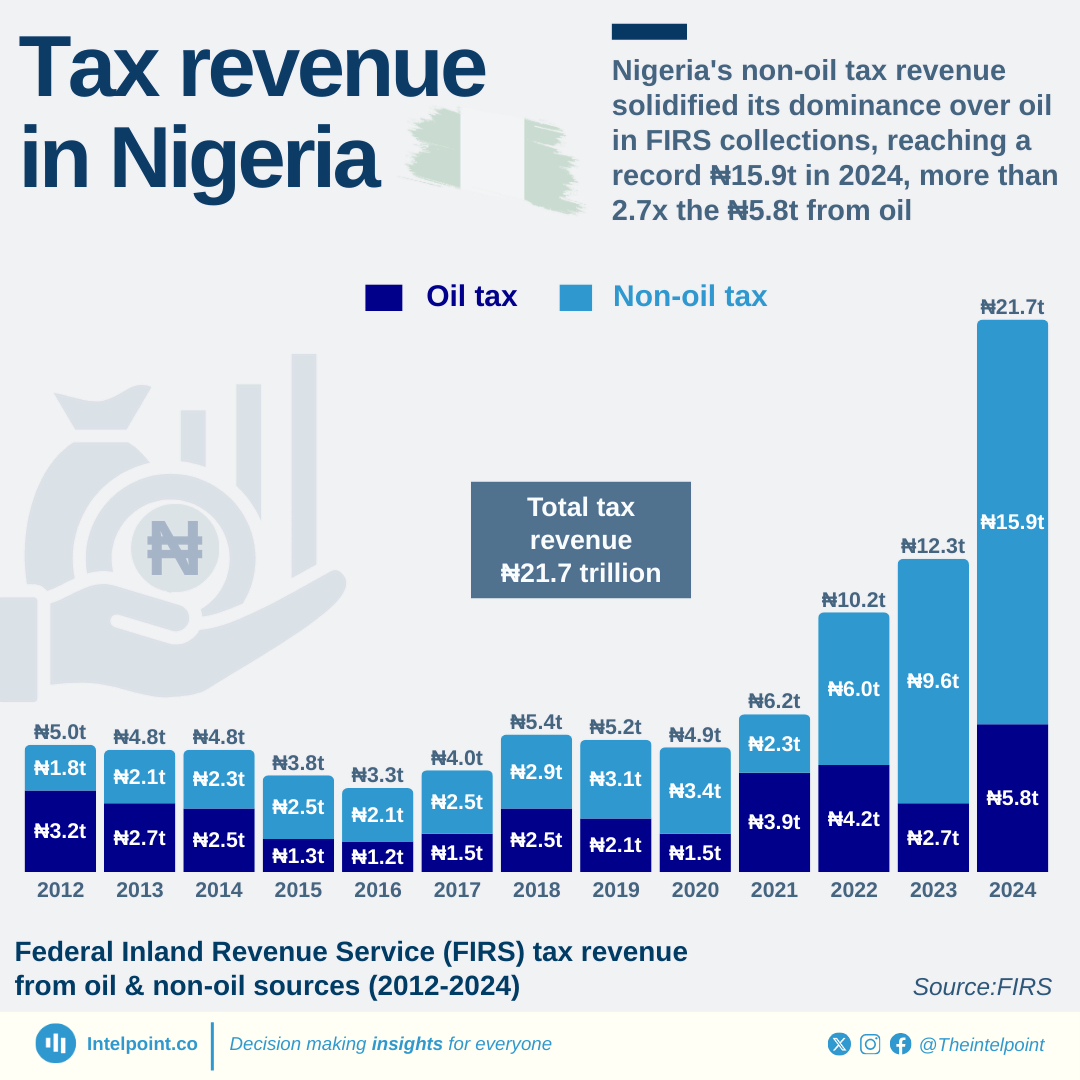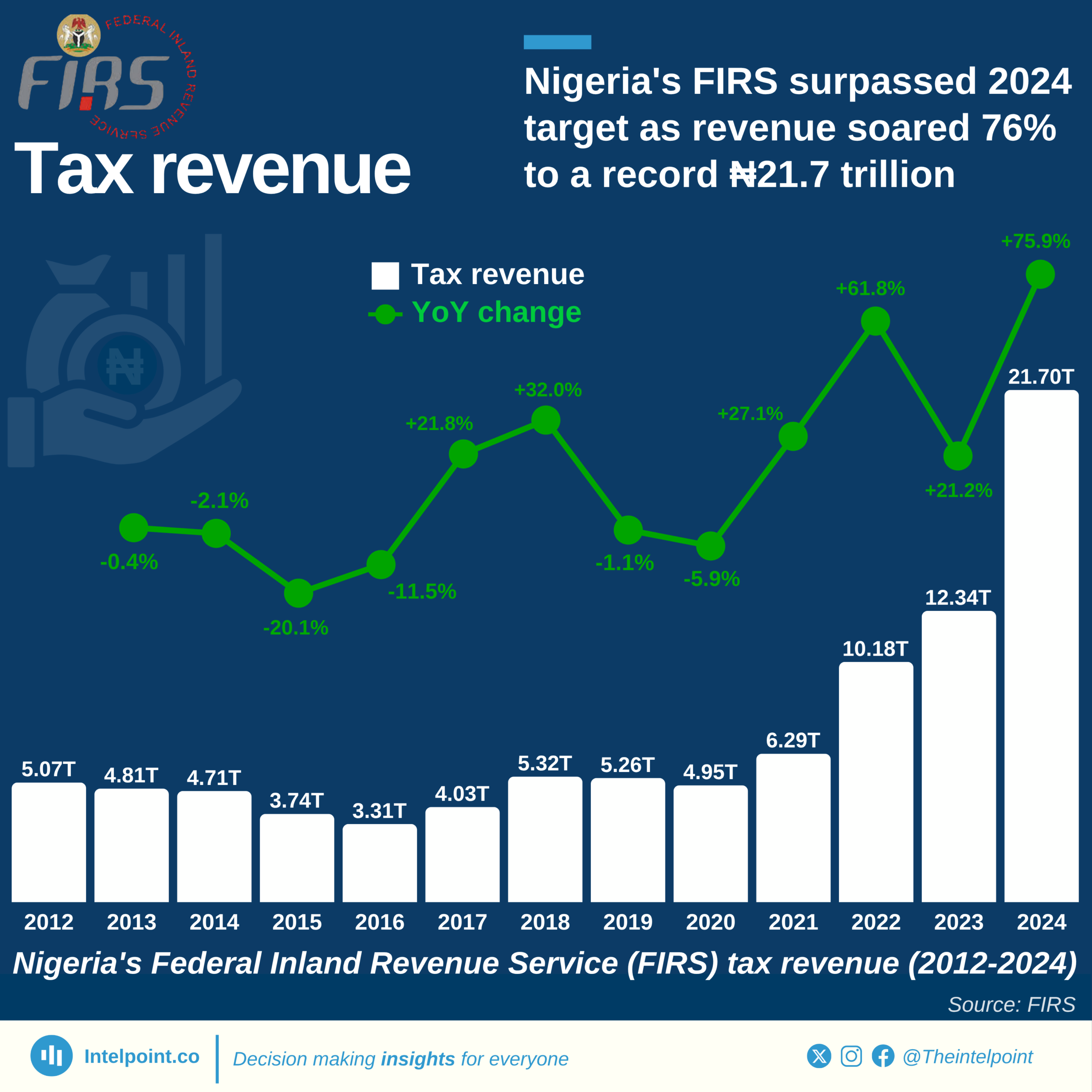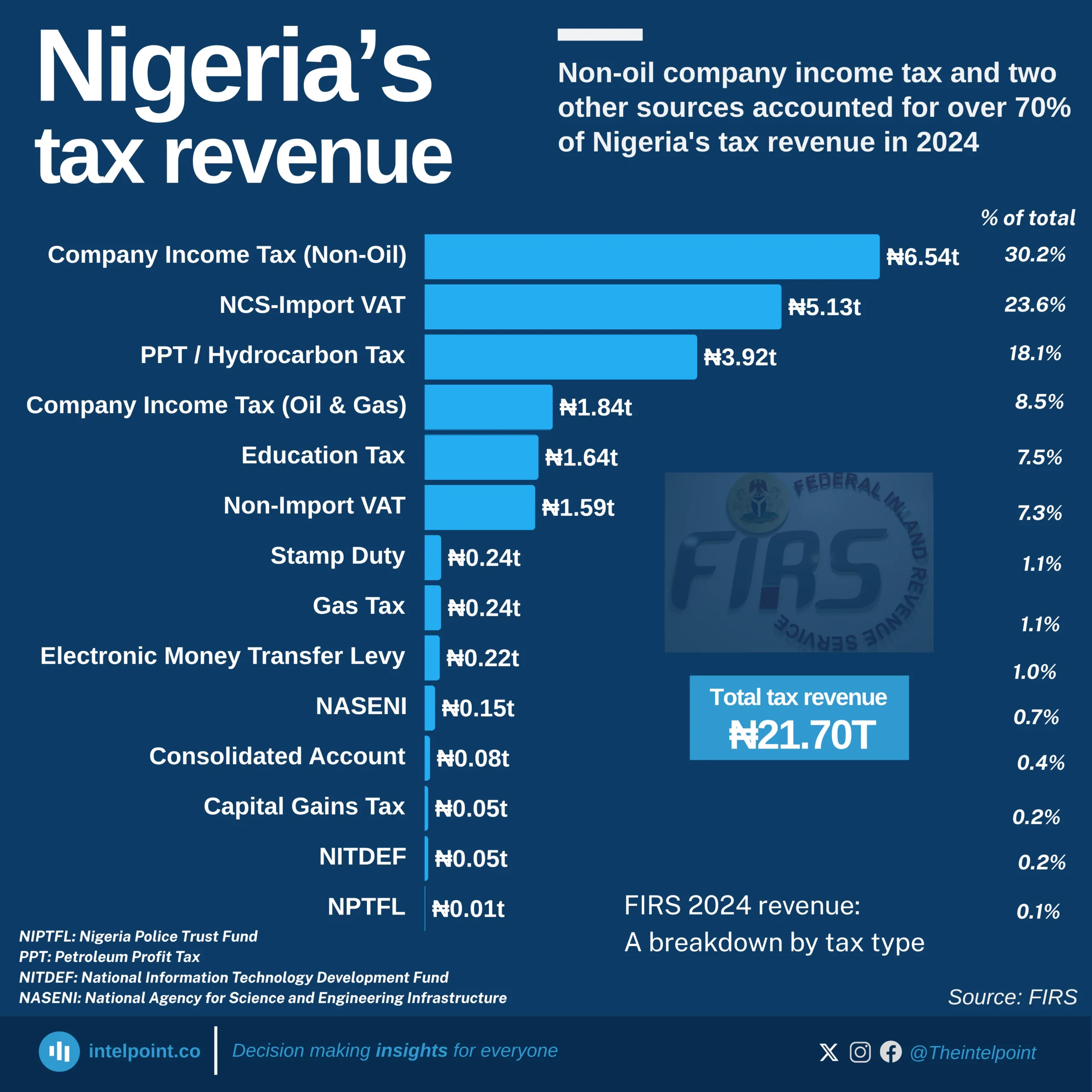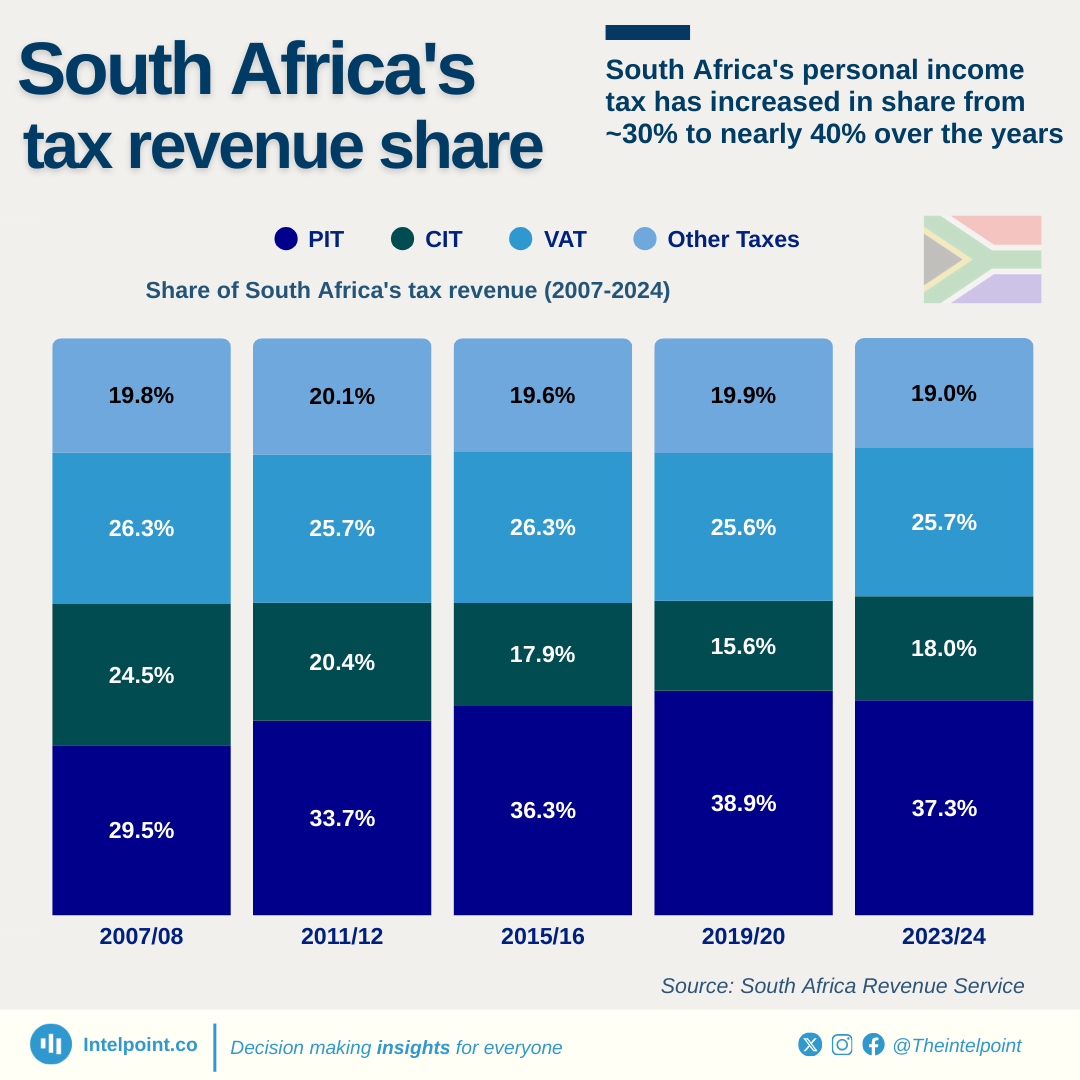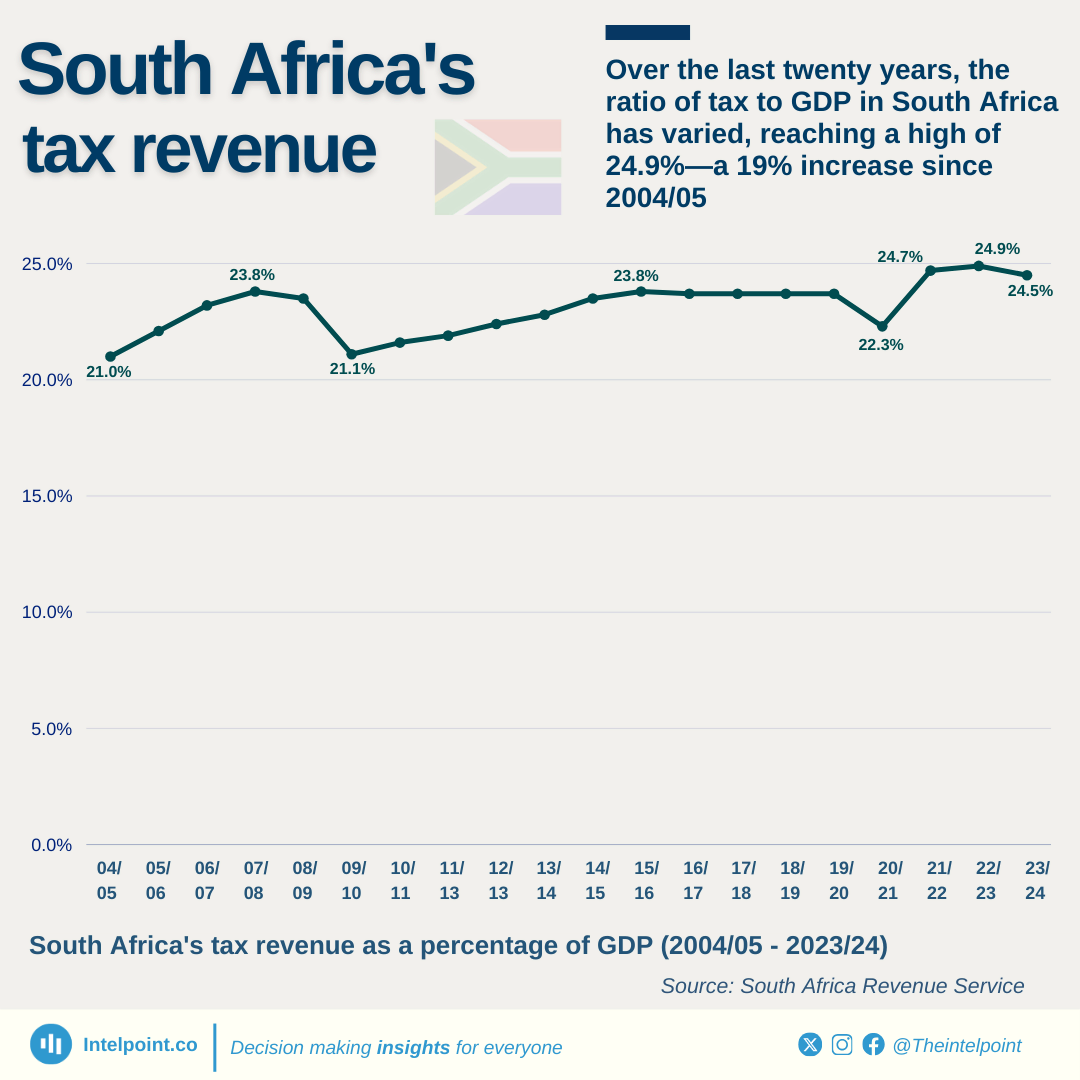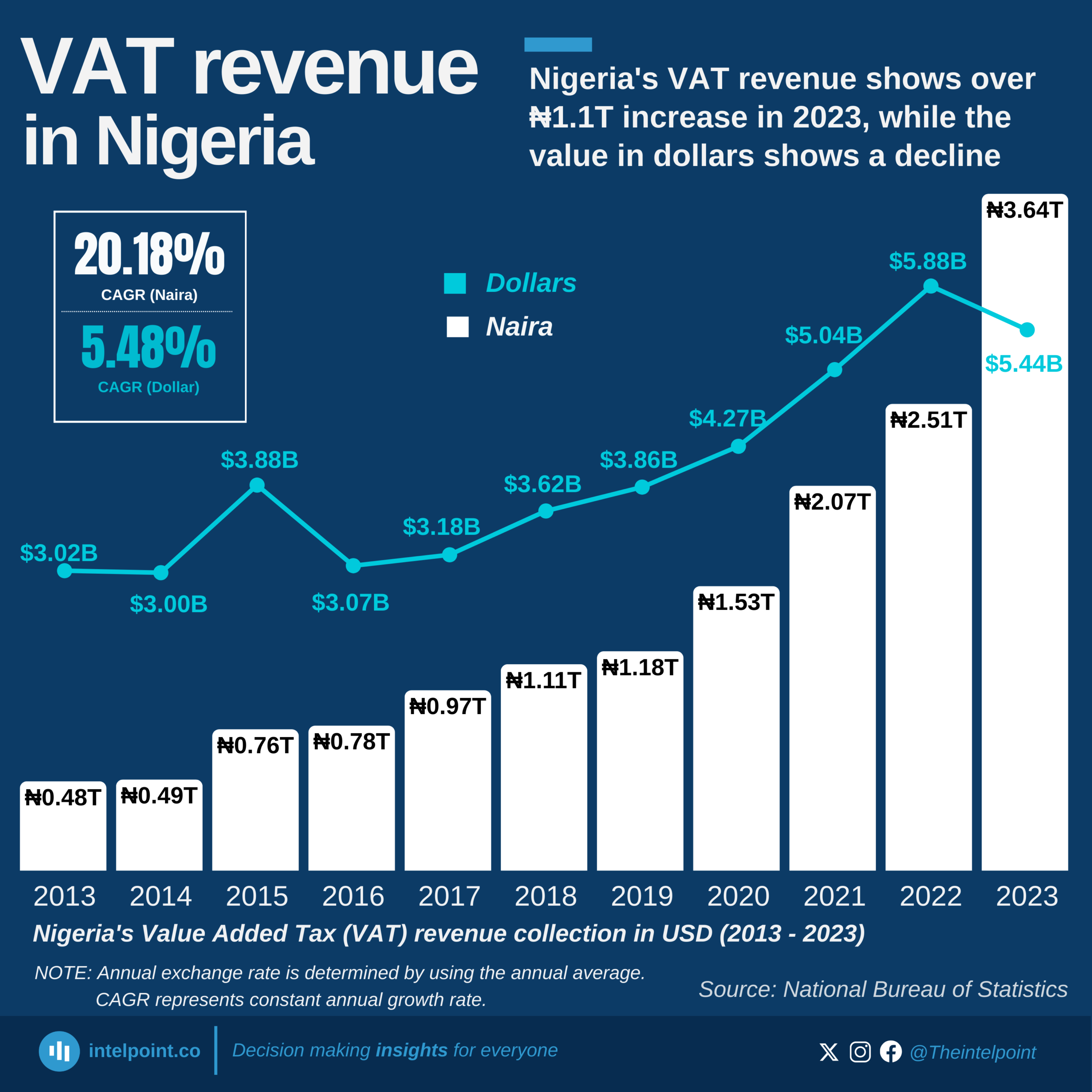In 2022, employees in Lagos, Rivers, and the FCT contributed ₦558.7 billion in PAYE tax, representing over half of the nation's total.
Lagos State alone accounted for ₦360.9 billion.
These figures underscore the tax contributions from Nigeria's key economic regions.
